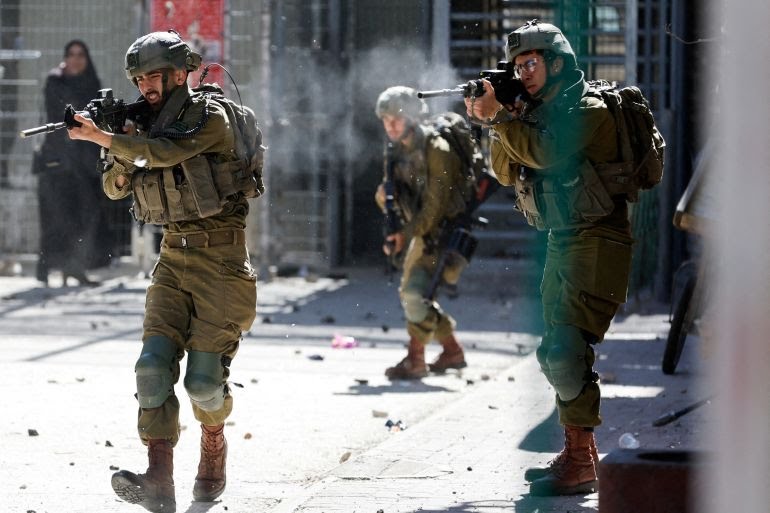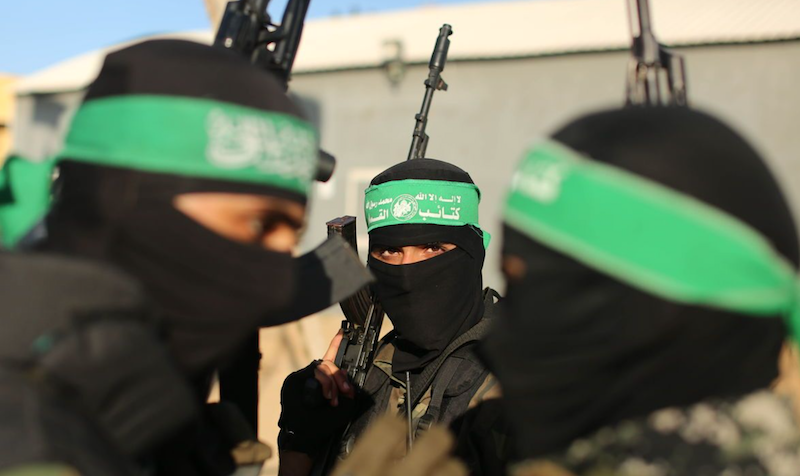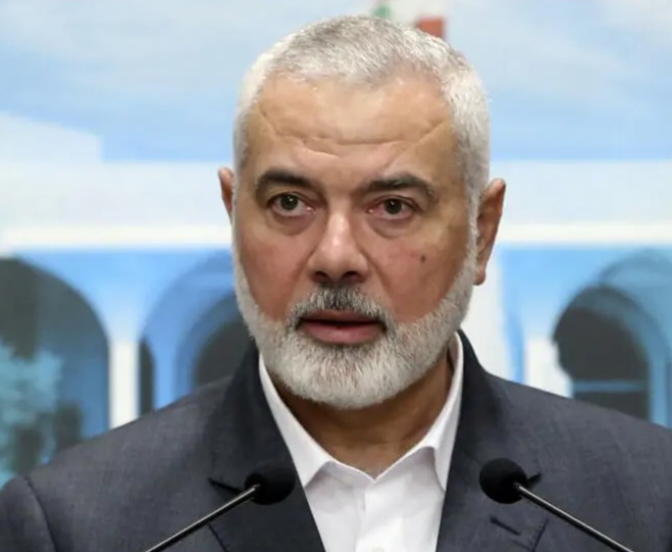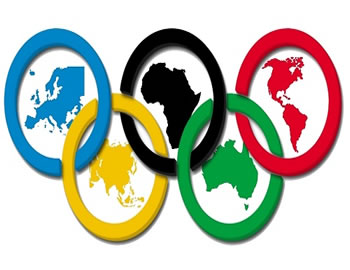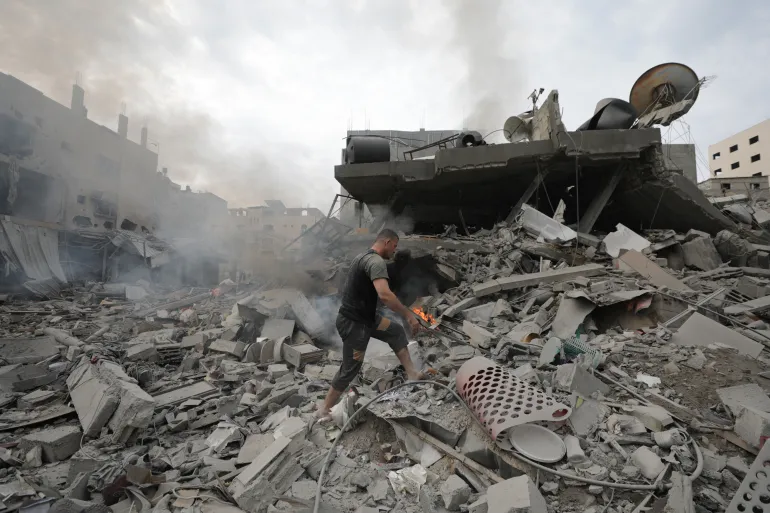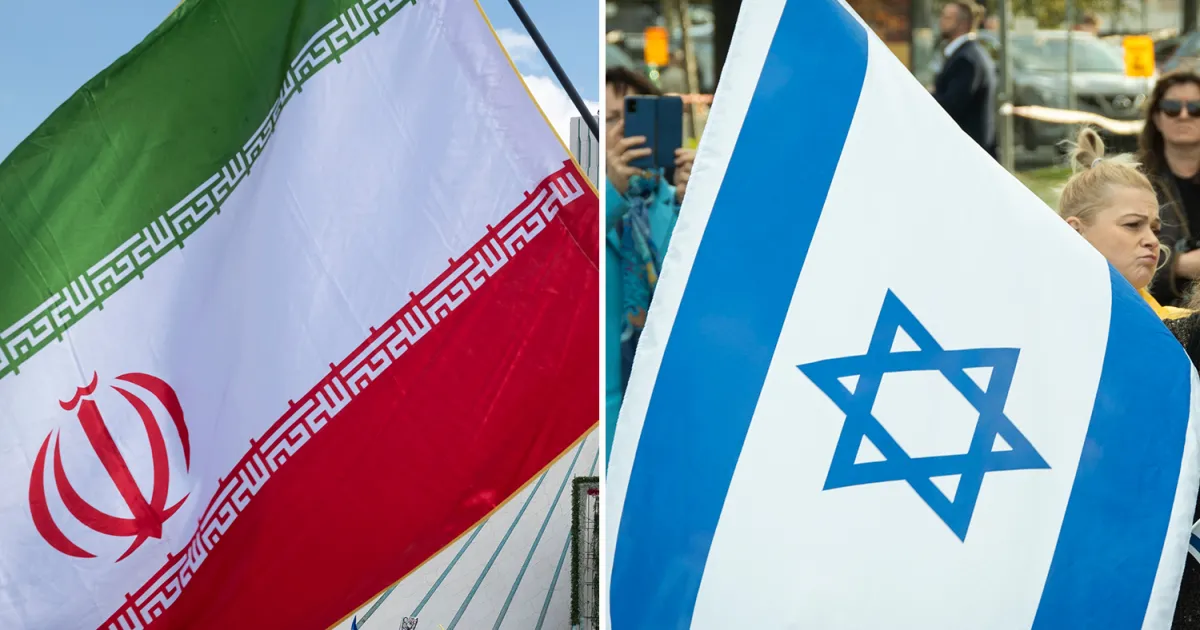Israel will be the United States’ strongest ally in the Middle East regardless of who is elected president in November, Prime Minister Benjamin Netanyahu said on Monday before flying to Washington, where he was due to address the U.S. Congress.
The visit, Netanyahu’s first to his most important international ally since returning for a record sixth term as prime minister at the end of 2022, has been overshadowed by President Joe Biden’s decision not to seek reelection.
Netanyahu said he would thank Biden for all he has done for Israel throughout his career and discuss with him issues such as securing the release of Israeli hostages in Gaza, defeating the Palestinian Islamist group Hamas, and confronting Iran and its proxies in the region.
A meeting with Biden is tentatively planned for Tuesday if the 81-year old president has recovered from COVID-19.
Netanyahu is scheduled to address Congress on Wednesday.
“I will tell my friends on both sides of the aisle that regardless who the American people choose as their next president, Israel remains America’s indispensable and strong ally in the Middle East,” he told reporters before taking off.
“In this time of war and uncertainty it’s important that Israel’s enemies know that America and Israel stand together today, tomorrow and always,” Netanyahu said, adding that he wanted to “anchor the bipartisan support that is so important for Israel”.
After months of frosty relations with Washington over how Israel has conducted its offensive launched in Gaza after the Hamas-led attack on Oct. 7, the visit offers Netanyahu a platform to try to reset relations with Washington.
His speech to Congress is expected to focus on coordinating the Israeli and U.S. response to the volatile situation in the Middle East, where there is a growing danger of the Gaza war spilling over into a wider regional conflict.
The speech is likely to be less confrontational than an address Netanyahu gave to Congress in 2015, when he criticised Barack Obama’s drive as president for a nuclear deal with Iran.
U.S. pressure on Israel for a resumption of talks on reaching a political agreement with the Palestinians, and a U.S. threat to withhold arms, have underlined perceptions in Israel that ties with Washington have weakened under Netanyahu.
He has also faced protests in Israel demanding a ceasefire in Gaza.
“Part of the goal is to try to show that with all that’s been said, with all the protests, Netanyahu is still the leader, still has support, he still has strong relations with America,” said Yonatan Freeman, an international relations specialist at the Hebrew University of Jerusalem.
The invitation for Netanyahu to address a joint meeting of Congress – a rare honour generally reserved for the closest U.S. allies – was orchestrated by the House of Representatives’ Republican leadership, which has accused Biden of not showing sufficient support for Israel.
There was no immediate sign that Netanyahu will see Republican presidential candidate Donald Trump.
The two forged a close relationship during Trump’s presidency but Trump has since criticised Netanyahu and said the Gaza war must end quickly.
Although his welcome in Congress should be generally warm, protests roiling U.S. campuses suggest Netanyahu’s reception outside official Washington may be hostile.
Activists opposing Israel’s offensive in Gaza and Washington’s support for Israel plan protests at the U.S. Capitol on Wednesday.
Police expect a “large number of demonstrators” and are making additional security arrangements but said there were no known threats.
Israel has been isolated internationally over its campaign in Gaza, which Gaza health authorities say has killed almost 39,000 Palestinians, the expansion of settlement-building in the occupied West Bank and Jewish settlers’ attacks on Palestinians.
An opinion issued on Friday by the International Court of Justice that Israel’s occupation of Palestinian territories is illegal was criticised by Washington. But it followed similar developments including a decision by the International Criminal Court’s prosecutor to seek an arrest warrant against Netanyahu.
In Israel, Netanyahu faces growing calls for a deal that would halt the fighting in Gaza and allow the return of 120 hostages – alive or dead – still held in the enclave run by the Palestinian militant group Hamas.
Netanyahu has resisted pressure for an inquiry into the security failures before the Oct. 7 attack on Israel in which 1,200 people were killed and over 250 abducted into Gaza.
Opinion polls show most Israelis hold him responsible and would vote him out if elections were held.
Netanyahu will be accompanied by Noa Argamani, a hostage rescued by Israeli commandos last month.
Her presence has been criticised by other hostage families who say Netanyahu has not been doing enough to secure the release of their loved ones.


